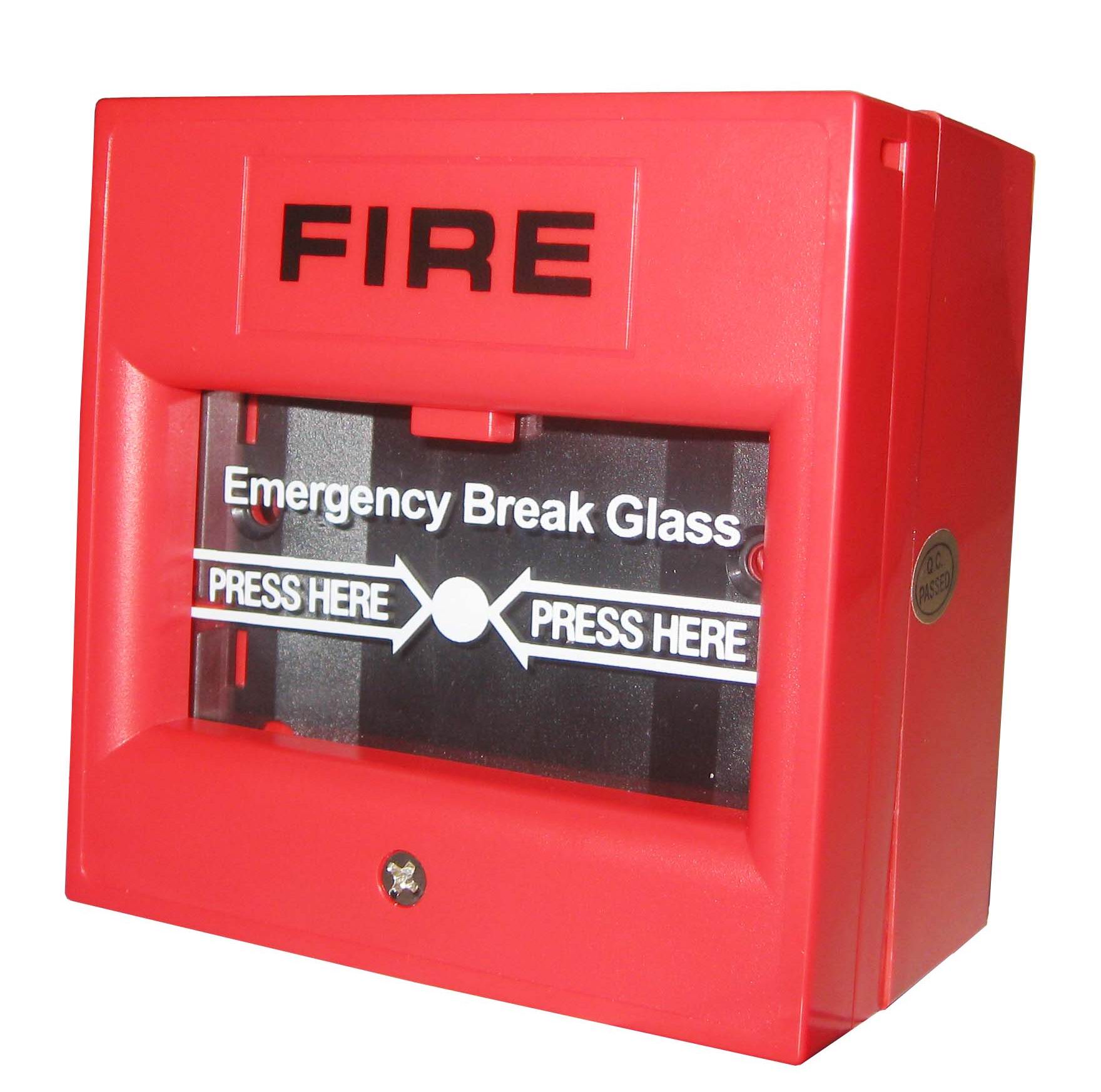Table of Content
This increased cash flow can result in a healthier emergency fund or go towards other investments. Once you've determined the loan with the best terms, you’re ready to apply. You’ll submit the application and provide the requested information. Your lender will order an appraisal of the home or determine the value using another method. A home equity loan is a consumer loan allowing homeowners to borrow against the equity in their home. If real estate market conditions change and the value of your home declines significantly, you could end up owing more on your home than it is worth.
Leveraging your home equity can be a great way to purchase an investment property or a second home. In some cases, such as if you use a home equity loan to remodel your primary home or put on an addition, the interest on the loan payments can be taken as a tax deduction. Be sure to comparison shop for reverse mortgage lenders before you apply.
Why Choose an FHA Cash-Out Refinance?
Personal loans are typically unsecured, though, so one won’t be tied to your first home and the bank won’t be able to foreclose on it if you fail to pay. One of the biggest challenges is finding a lender who will let you borrow a significant amount of money. A mortgage loan is a secured debt, so you can’t use a debt consolidation program to eliminate it. You will have to either refinance the loans, opt for a mortgage modification, or file chapter 13 bankruptcy. However, all these debt relief options have an eligibility requirement. Unless you’re able to qualify for them, it may be hard to get back on track with your mortgage debts.

You can borrow as much money as you need, whenever you need it, as long as the withdrawal is within the limit and your house is still considered qualified. During this period, your house is considered collateral; your assets may be seized if you’re unable to repay the money. You’ll have better approval chances than with an additional mortgage.
Real Estate Books
That might even be enough to pay cash for your new investment, so you wouldn’t be saddled with two mortgages. You can borrow as much as you need during the draw period of the loan , at which point the repayment period begins. Also, keep in mind that getting a home equity loan is not a given. It’s much like getting your original loan and you must go through essentially the same process to be approved. This includes filling out an application and having your income and credit history scrutinized.

Many lenders will only offer home equity loans for a CLTV up to 80%, while Discover Home Loans offers home equity loans for less than 90% CLTV. This maximum CLTV is to protect the lender from distributing a loan to a homeowner who could owe more on mortgage loans and home equity loans than their house is worth. Home equity products have higher interest rates than mortgages, so you’ll be borrowing at a higher total cost.
Your Home Equity Loan Interest Payments Will Likely Not Be Tax-Deductible
Ziraldo is a financial writer and data journalist focused on creating accurate, accessible and educational content for future generations of home buyers. Her portfolio of work also includes The Detroit Free Press and The Huffington Post. See expert-recommended refinance options and customize them to fit your budget. For example, you can get a primary-home HELOC with a minimum 620 credit score, but most second-home HELOCs require a 700 or higher credit score.
HELOC payments work like a credit card, letting you borrow as much as you need within a set limit. People typically opt for a HELOC instead of a traditional loan because a HELOC offers a comparatively lower interest rate. Charlene Rhinehart is an expert in accounting, banking, investing, real estate, and personal finance. She is a CPA, CFE, Chair of the Illinois CPA Society Individual Tax Committee, and was recognized as one of Practice Ignition's Top 50 women in accounting.
A home equity loan is a lump sum of money you can borrow, using your home equity as security. Home equity loans typically have a fixed interest rate and fixed monthly payments over a fixed term of years. An HECM converts the equity in your home into cash that is usually tax free and doesn’t affect your Social Security and Medicare. The lender pays you the money, and you don’t have any monthly payments on the mortgage.

You can use this money as a down payment on another property, but be aware that the repayment period of the loan is five years unless the loan is used to purchase a primary residence. If you fail to pay it back in that amount of time or you leave your job, you’ll need to pay income taxes on the money and probably early withdrawal penalties as well. However, because a cash-out refinance results in a bigger mortgage, you’ll typically have a higher interest rate and monthly payment. And, because it’s a new loan, you will likely pay more in closing costs than you would with a traditional refinance. Plus, you’ll now have two more monthly payments, unless you have enough equity to essentially pay cash for the new property.
Unlike a home equity line of credit , you will automatically get the entire amount of money available upfront and will have fixed monthly installment payments. With a HELOC you don’t have to withdraw all your available credit but can if you want and will only get charged interest on the amount you withdraw. There are several ways to access the equity you’ve built in your house, such as a home equity loan, cash-out refinance, or home equity line of credit. When you first buy a home and take out a mortgage, you make a down payment (typically 20% of the purchase price).

SuperMoney strives to provide a wide array of offers for our users, but our offers do not represent all financial services companies or products. A shared equity agreement is an exchange between you and an investment company where you receive a lump sum of cash in exchange for part of the existing equity in your home. It’s kind of a form of shared ownership, except you own the title of the property and the investor is a silent partner who stands to profit from your house appreciating in value . How much of your home equity you can borrow depends on several factors, such as how much equity you’ve built up in the home, the market value of your house, and how much you want to borrow. Essentially, the loan-to-value ratio of your home plays a critical role in the loan amount you’re eligible for. At some point, it could seem like a waste of valuable resources to let all that available cash just sit there.
A key way to use your current home’s equity to buy another home through a home equity loan. With this type of loan, you’ll receive the funds as a lump sum to use as you wish—such as to purchase a second home or investment property. Most real estate investors only use the HELOC for a down payment.








